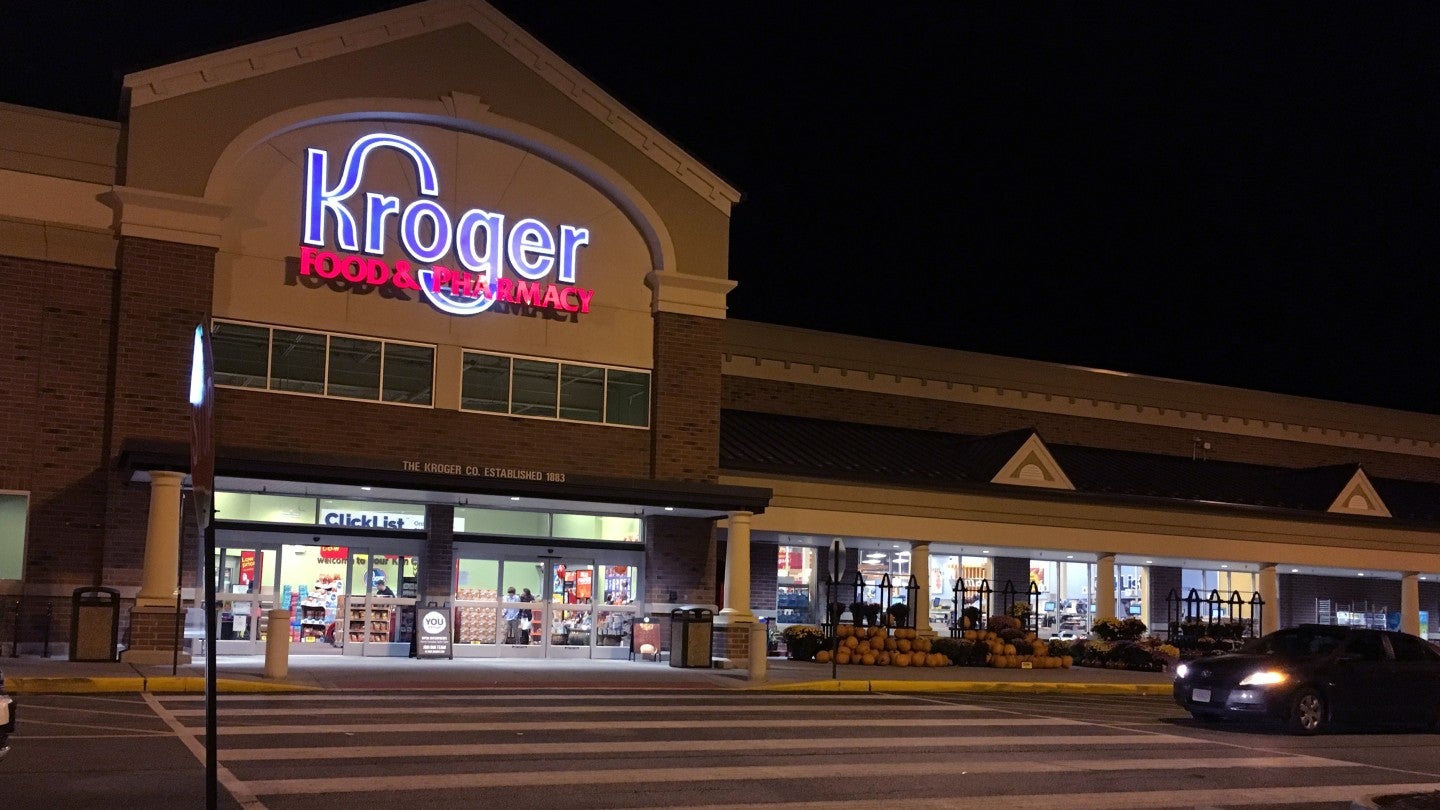
US-based retailer Kroger has confirmed it will pay $68m to settle the pending lawsuit regarding the pharmacy chain’s failure to control opioids’ oversupply across the state.
The same was confirmed by the West Virginia Attorney General’s Office in a media release on 4 May.

Discover B2B Marketing That Performs
Combine business intelligence and editorial excellence to reach engaged professionals across 36 leading media platforms.
As part of the agreed settlement, Kroger will pay $34m upfront, the next $12m on 30 June 2024 and another $12m on 30 June 2025.
The retailer will make the remaining lower additional payments over a period of seven years until the total amount of $68m is paid.
West Virginia attorney general Patrick Morrisey said: “Let this be a warning to others: We fight hard for those affected the most by the opioid epidemic and will stop at nothing in getting justice for them.
“West Virginia remains on top in settlement dollars per capita. And although the hundreds of millions of dollars we secured from these companies will not bring back the lives lost from the opioid menace, our hope is that the money would provide significant help to those affected the most by this crisis in the state.”

US Tariffs are shifting - will you react or anticipate?
Don’t let policy changes catch you off guard. Stay proactive with real-time data and expert analysis.
By GlobalDataKroger was the last remaining defendant in the case.
Other defendants, including Walmart, CVS, Walgreens and Rite Aid, have already settled.
Walgreens agreed to pay $83m in January 2023 while both Walmart and CVS agreed to pay $65,070,000 and $82.5m, respectively.
Rite Aid closed the case with a $30m settlement in August 2022.
The lawsuit alleged that the pharmacy chains failed to control the dispense and distribution of prescription opioids, which contributed to the oversupply of opioids in the state.
This further incurred “significant losses” in terms of ongoing and previous medical treatment costs, medical examiner expenses, rehabilitation costs, naloxone costs and self-funded state insurance costs among other forms of losses.



